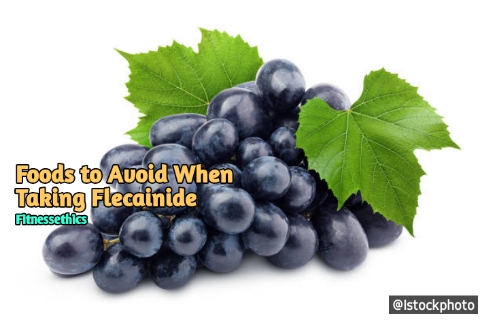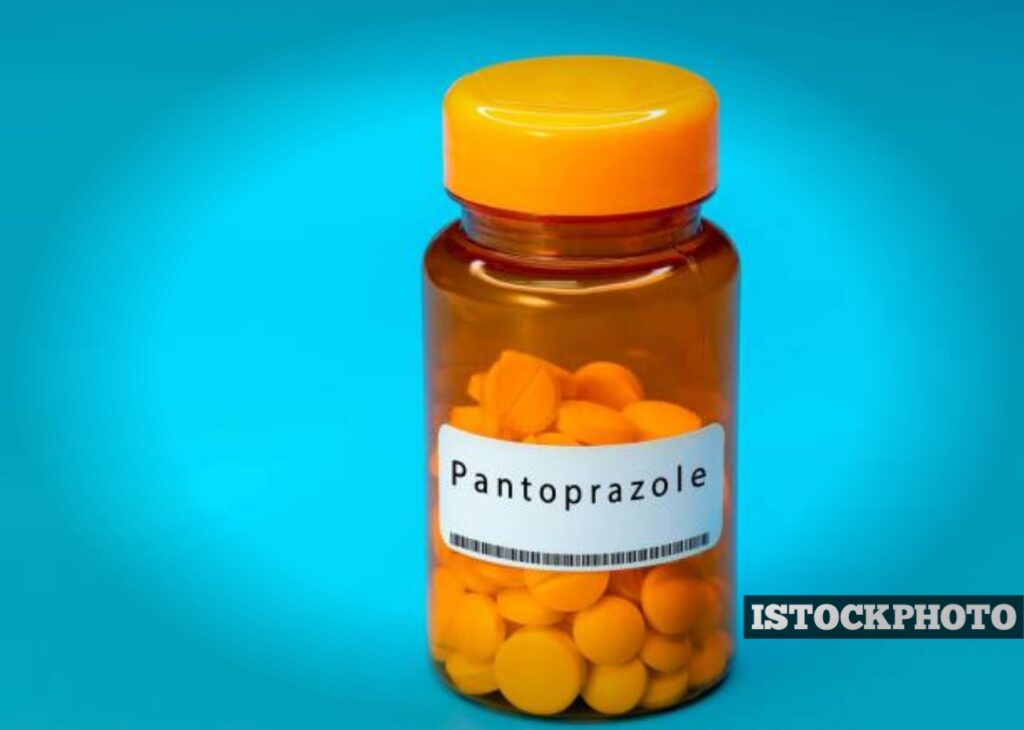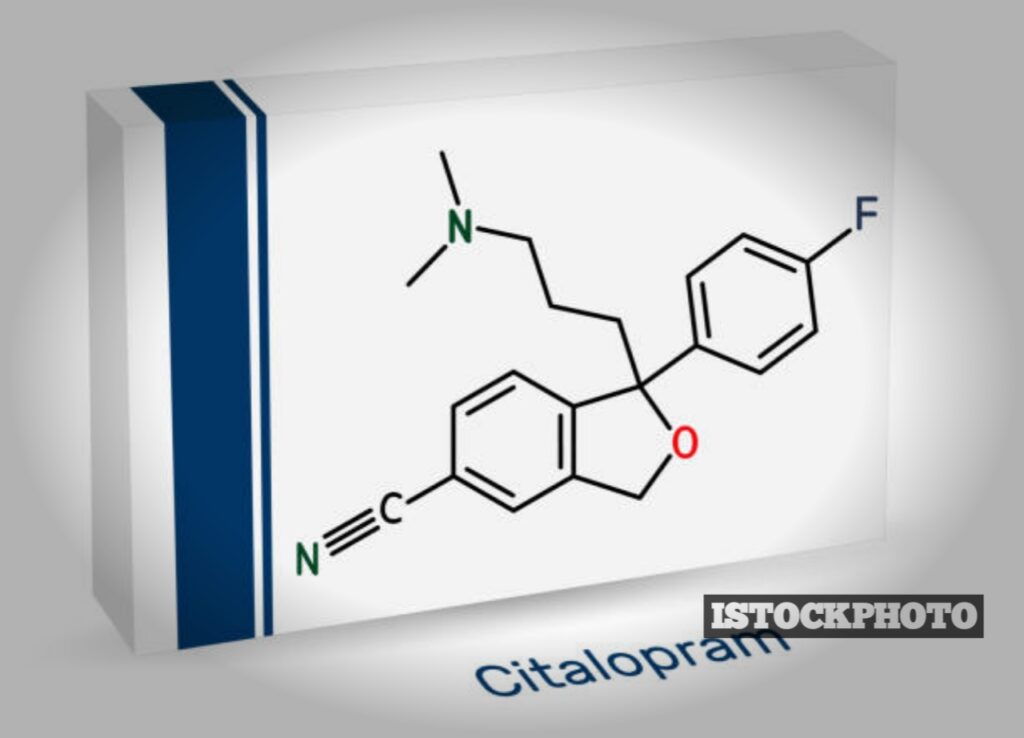Flecainide is a medication commonly prescribed for heart rhythm disorders, such as atrial fibrillation and ventricular arrhythmias. It belongs to a class of drugs known as antiarrhythmics and helps to restore a normal heart rhythm. While taking flecainide, it is essential to be mindful of certain foods that may interact with the medication and affect its effectiveness. In this article, we will explore the foods to avoid when taking flecainide and provide helpful information on its usage.
How to Use Flecainide
Before discussing the foods to avoid, let’s briefly outline the recommended usage of flecainide. It is crucial to follow your doctor’s instructions and adhere to the prescribed dosage. Flecainide is typically taken orally in the form of tablets or capsules, with or without food. It is important to swallow the medication whole and avoid crushing or chewing it unless specifically instructed by your healthcare provider. Dosage and frequency may vary based on individual factors, so always consult your doctor or pharmacist for precise instructions.
Foods to Avoid When Taking Flecainide
Grapefruit
Grapefruit and grapefruit juice contain compounds that can interfere with the metabolism of various medications, including flecainide. These compounds inhibit certain enzymes responsible for breaking down drugs, potentially leading to higher drug levels in the bloodstream. As a result, it is advisable to avoid consuming grapefruit or its juice while taking flecainide.
Alcohol
Consumption of alcohol should be minimized or avoided altogether when taking flecainide. Alcohol can interact with the medication, intensifying its effects and potentially leading to drowsiness, dizziness, or impaired coordination. Furthermore, excessive alcohol consumption can contribute to heart rhythm disturbances, which may undermine the effectiveness of flecainide.
Caffeine
While moderate caffeine intake is generally considered safe for most individuals, it is recommended to limit caffeine consumption when using flecainide. Caffeine is a stimulant that can potentially increase heart rate and cause palpitations, which can be counterproductive when managing heart rhythm disorders.
Highly acidic foods
Certain acidic foods and beverages, such as citrus fruits and juices (e.g., oranges, lemons, and tomatoes), can alter the pH balance in the stomach. This change in pH might affect the absorption of flecainide, potentially reducing its efficacy. It is advisable to avoid excessive consumption of highly acidic foods or to take flecainide at least two hours before or after consuming such foods.
Can You Drink Milk While Taking Flecainide?
The interaction between milk and flecainide is not well-documented, and there is no strong evidence suggesting that milk interferes with the absorption or effectiveness of the medication. Therefore, it is generally considered safe to consume milk while taking flecainide. However, if you have concerns or experience any adverse effects, it is always best to consult your healthcare provider for personalized advice.
Side Effects of Flecainide
Like any medication, flecainide can potentially cause side effects. While the majority of individuals tolerate flecainide well, it is essential to be aware of potential adverse reactions. Common side effects include:
- Nausea
- Vomiting
- Dizziness
- Headache
- Fatigue
- Constipation or diarrhea
- Blurred vision
- Shortness of breath
- Chest discomfort or palpitations
- Muscle weakness
If you experience any severe or persistent side effects, it is important to seek immediate medical attention. Contact your healthcare provider or go to the nearest emergency room if you encounter symptoms such as chest pain, rapid heartbeat, fainting, or difficulty breathing.
It is worth noting that this list of side effects is not exhaustive, and individual responses to flecainide may vary. Some individuals may experience different or additional side effects. If you have any concerns about the side effects of flecainide, it is crucial to discuss them with your doctor or pharmacist.
Conclusion
Flecainide is a medication commonly prescribed for heart rhythm disorders, and it is essential to be mindful of certain foods and beverages that can potentially interact with the medication. Grapefruit, alcohol, highly acidic foods, and excessive caffeine intake should be avoided or limited while taking flecainide. These substances can affect the absorption, metabolism, or effectiveness of the medication. However, drinking milk while taking flecainide is generally considered safe, although personalized advice from a healthcare provider is always recommended.
As with any medication, flecainide can have side effects, ranging from mild to severe. It is crucial to be aware of these potential side effects and seek medical attention if you experience any severe or persistent symptoms. Always follow your doctor’s instructions regarding the dosage and usage of flecainide and consult them if you have any concerns or questions.
Remember, this article provides general information and should not replace professional medical advice. Each individual may have unique circumstances and medical conditions that require personalized guidance. If you are taking flecainide or considering it as a treatment option, consult with your healthcare provider for specific instructions and recommendations based on your situation.
[starbox]



